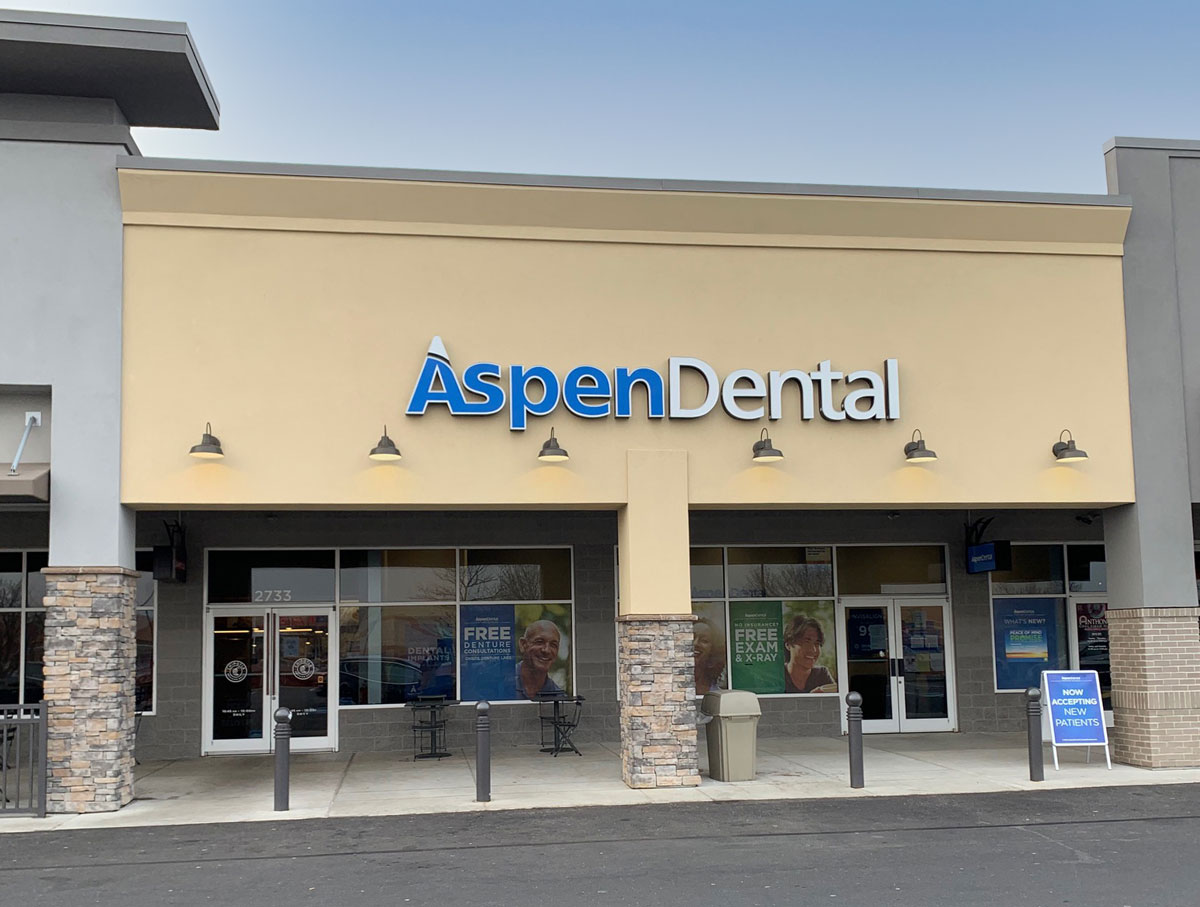After Wisdom Teeth Removal Smoking

The recovery process after wisdom teeth removal is crucial for proper healing and minimizing the risk of complications. One of the most significant factors that can impact this process is smoking. Smoking after wisdom teeth removal can lead to a range of issues, from delaying healing to increasing the risk of dry socket, a painful condition that can significantly prolong recovery.
Immediate Risks of Smoking After Wisdom Teeth Removal
Immediately after wisdom teeth removal, the body begins the healing process. This involves the formation of blood clots in the sockets where the teeth were extracted. These clots are essential as they protect the bone and nerve endings, allowing the area to heal. Smoking can dislodge these clots due to the act of sucking on a cigarette, which creates negative pressure in the mouth. This dislodgment can lead to dry socket, a condition characterized by intense pain, which may radiate to the ear, and can significantly hinder the healing process.
Delayed Healing
Smoking introduces a multitude of chemicals into the body, many of which can impair the healing process. Nicotine, a key component of tobacco smoke, is a vasoconstrictor, meaning it reduces blood flow. Adequate blood flow is essential for delivering oxygen and nutrients to the healing tissues, as well as for removing debris. Reduced blood flow can delay the healing of the extraction sites, making the recovery period longer and more uncomfortable.
Increased Risk of Infection
The chemicals in tobacco smoke can also affect the immune system’s ability to fight off infections. Smoking can reduce the production of antibodies and impair the function of white blood cells, which are crucial for combating bacterial infections. After wisdom teeth removal, the mouth is more susceptible to infection, and smoking can increase this risk, potentially leading to more severe complications that might require additional treatment, including antibiotics.
Impact on Oral Health
Beyond the immediate recovery period, smoking can have long-term effects on oral health. It increases the risk of gum disease, tooth decay, and oral cancer. The constant introduction of harmful chemicals into the mouth can lead to chronic inflammation and damage to the gums and teeth, exacerbating any existing oral health issues.
Recommendations for Smoking After Wisdom Teeth Removal
Given the risks associated with smoking after wisdom teeth removal, the best course of action is to avoid smoking altogether during the recovery period. Most dental professionals recommend abstaining from smoking for at least 24 to 48 hours after the procedure and ideally for as long as possible, preferably until the healing process is complete. This can significantly reduce the risk of complications and ensure a smoother, more comfortable recovery.
Strategies for Quitting or Reducing Smoking
For those who find it challenging to stop smoking, there are several strategies that can help. Nicotine replacement therapy (NRT) in the form of gum, patches, or lozenges can help manage cravings without the harmful effects of smoking tobacco. Additionally, counseling and support groups can provide the necessary motivation and coping strategies to quit smoking. There are also prescription medications available that can aid in quitting smoking by reducing cravings and the pleasurable effects of smoking.
Conclusion
Smoking after wisdom teeth removal can significantly complicate the healing process, leading to increased risks of dry socket, delayed healing, and infection. By understanding these risks and taking steps to avoid smoking during the recovery period, individuals can ensure a smoother and more comfortable recovery. For those who smoke, considering this as an opportunity to quit can have long-term benefits for their oral and overall health.
Frequently Asked Questions
How long should I wait before smoking after wisdom teeth removal?
+Can I use nicotine replacement therapy (NRT) after wisdom teeth removal?
+Yes, NRT can be used to manage nicotine cravings after wisdom teeth removal. However, it’s essential to consult with your dentist or healthcare provider before starting any NRT product to ensure it’s safe for your specific situation.
How can I manage pain after wisdom teeth removal without smoking?
+Managing pain after wisdom teeth removal without smoking involves following your dentist’s instructions for pain management, which may include taking prescribed pain medications as directed, applying ice packs to reduce swelling, and eating soft, comfortable foods. It’s also crucial to attend follow-up appointments to ensure the healing process is progressing as expected.
